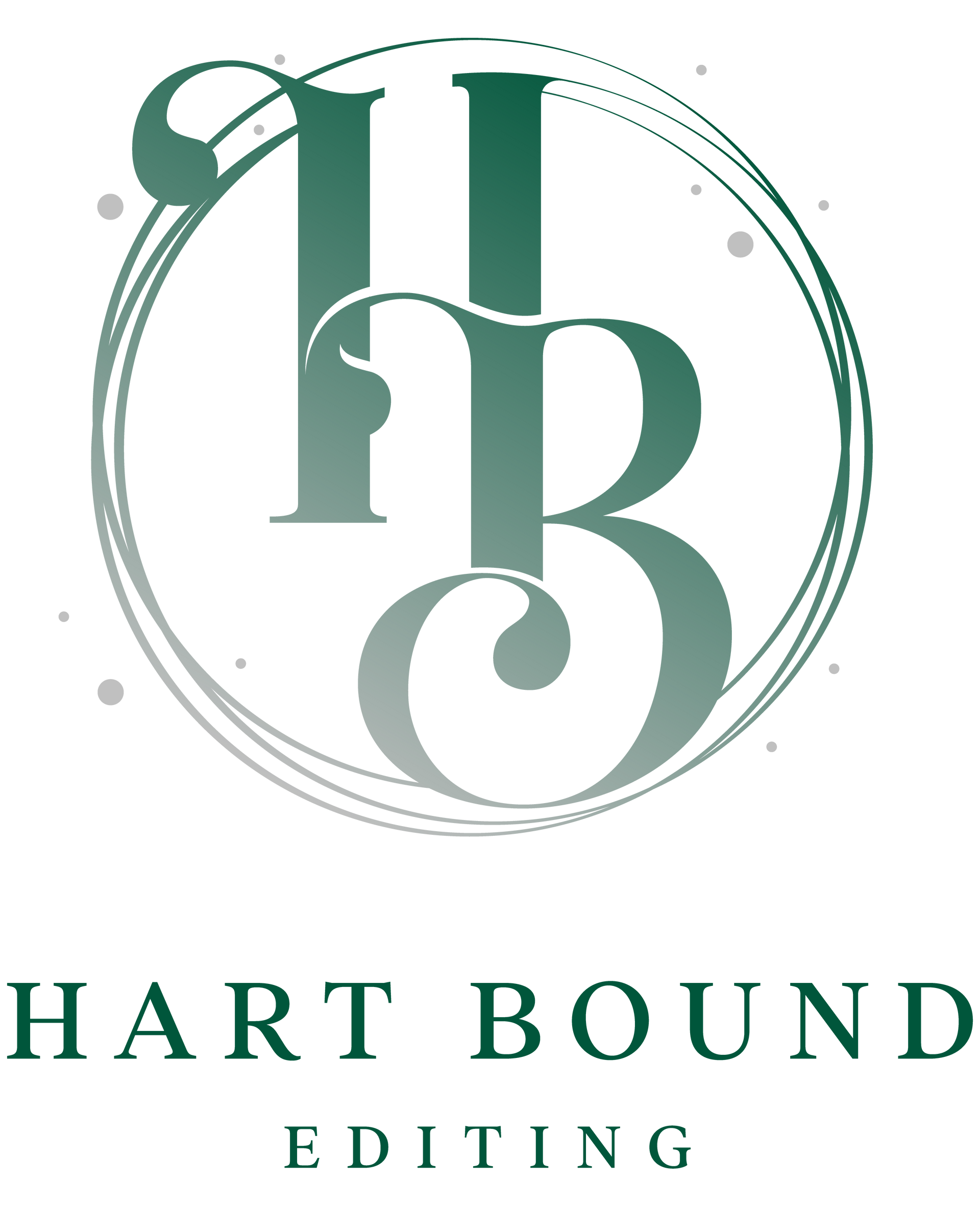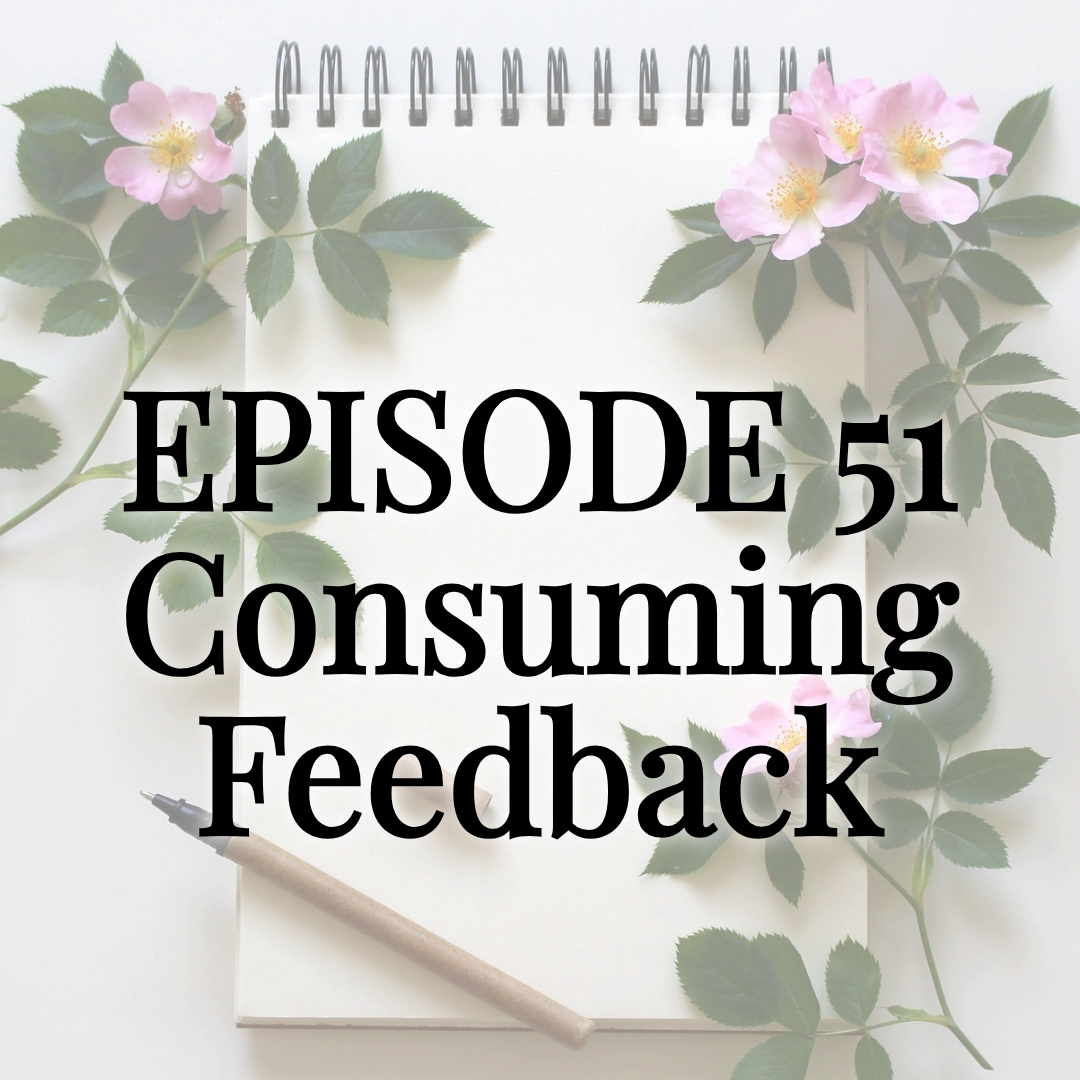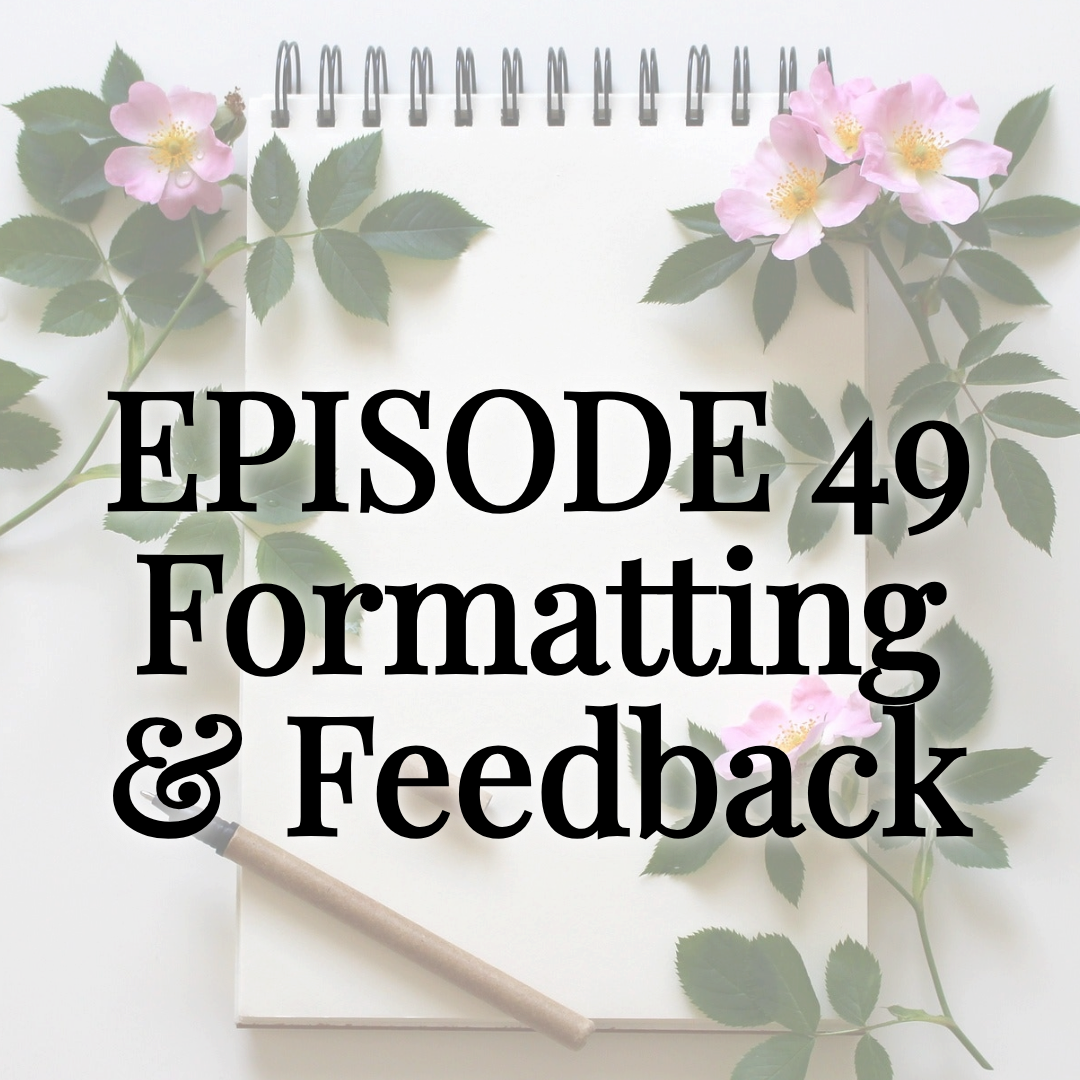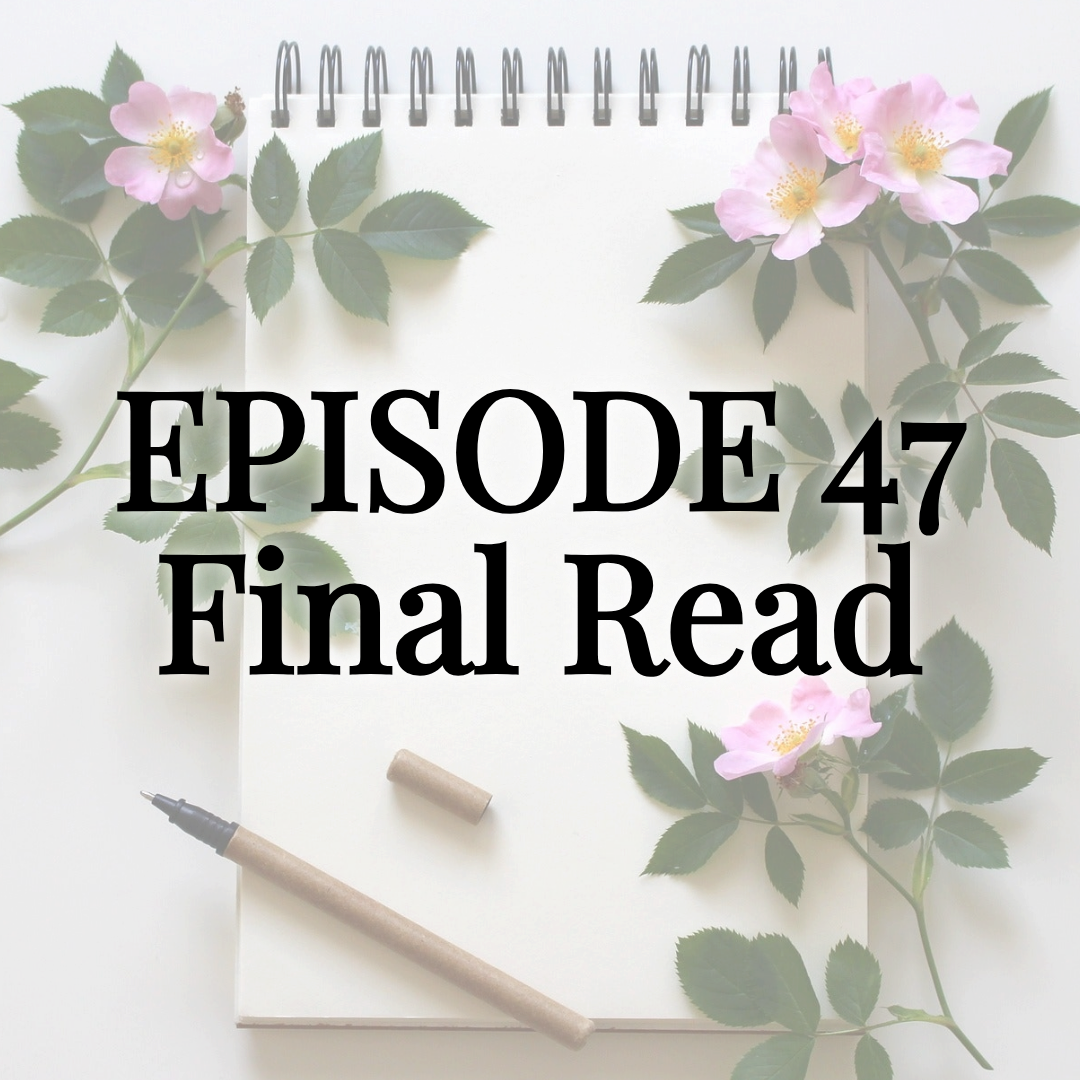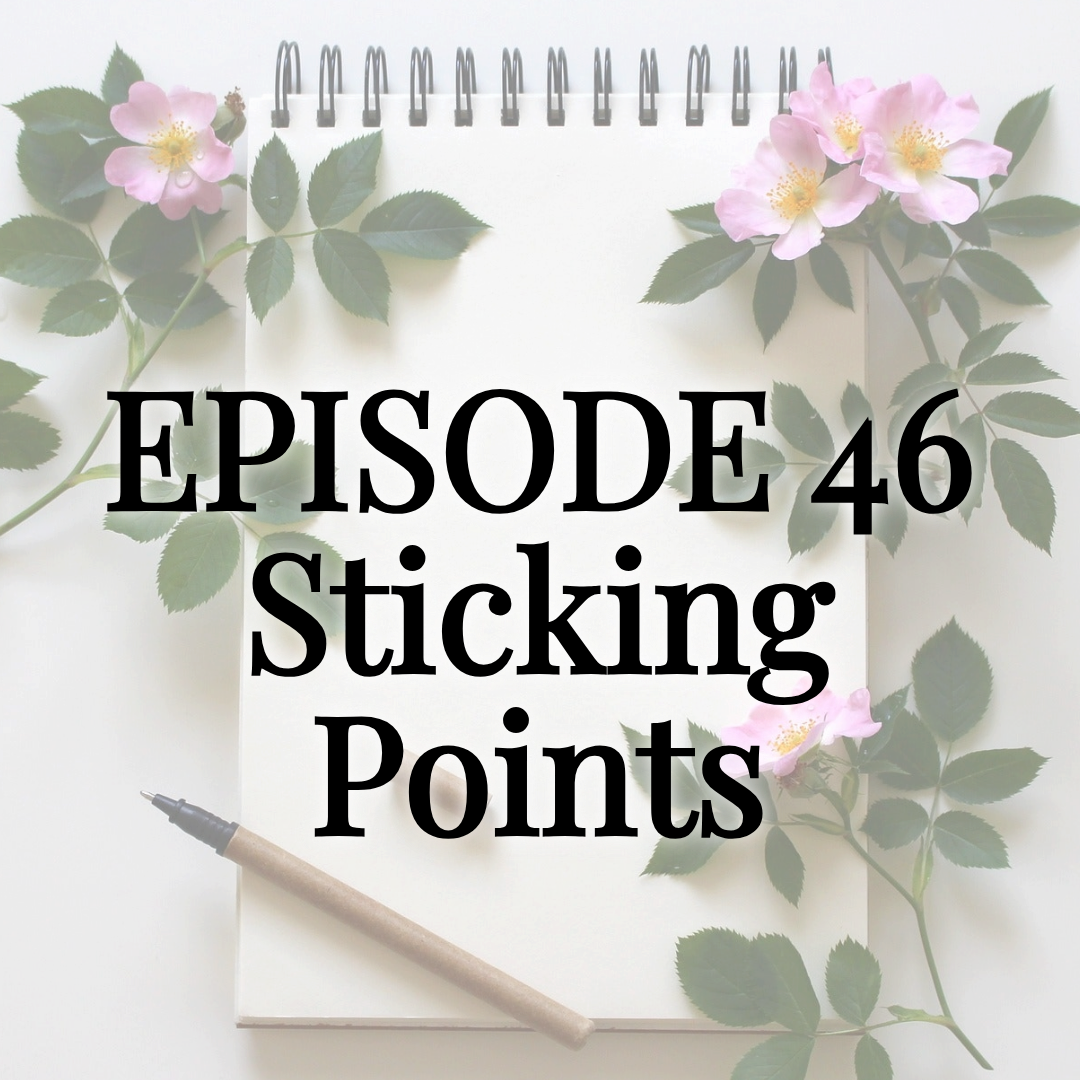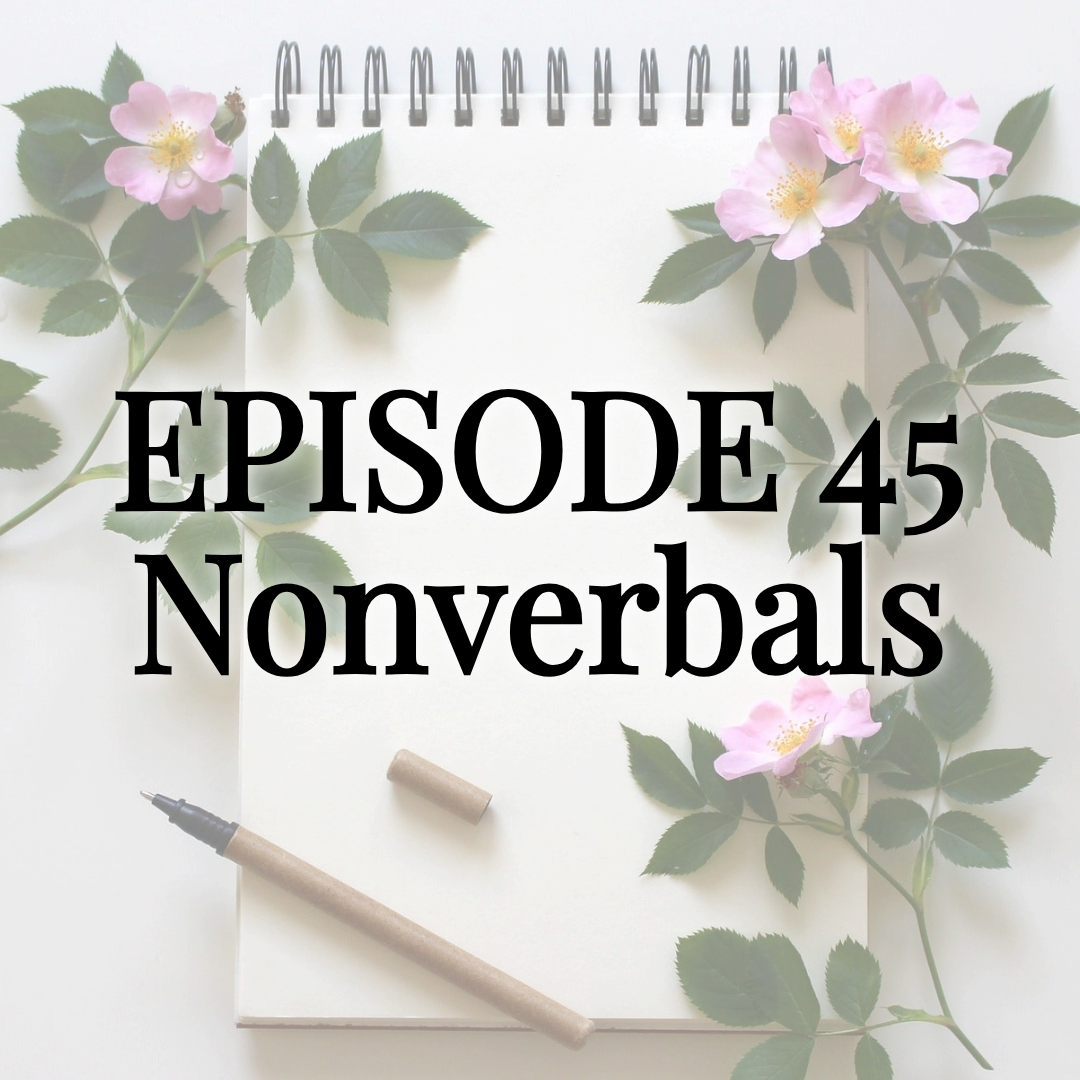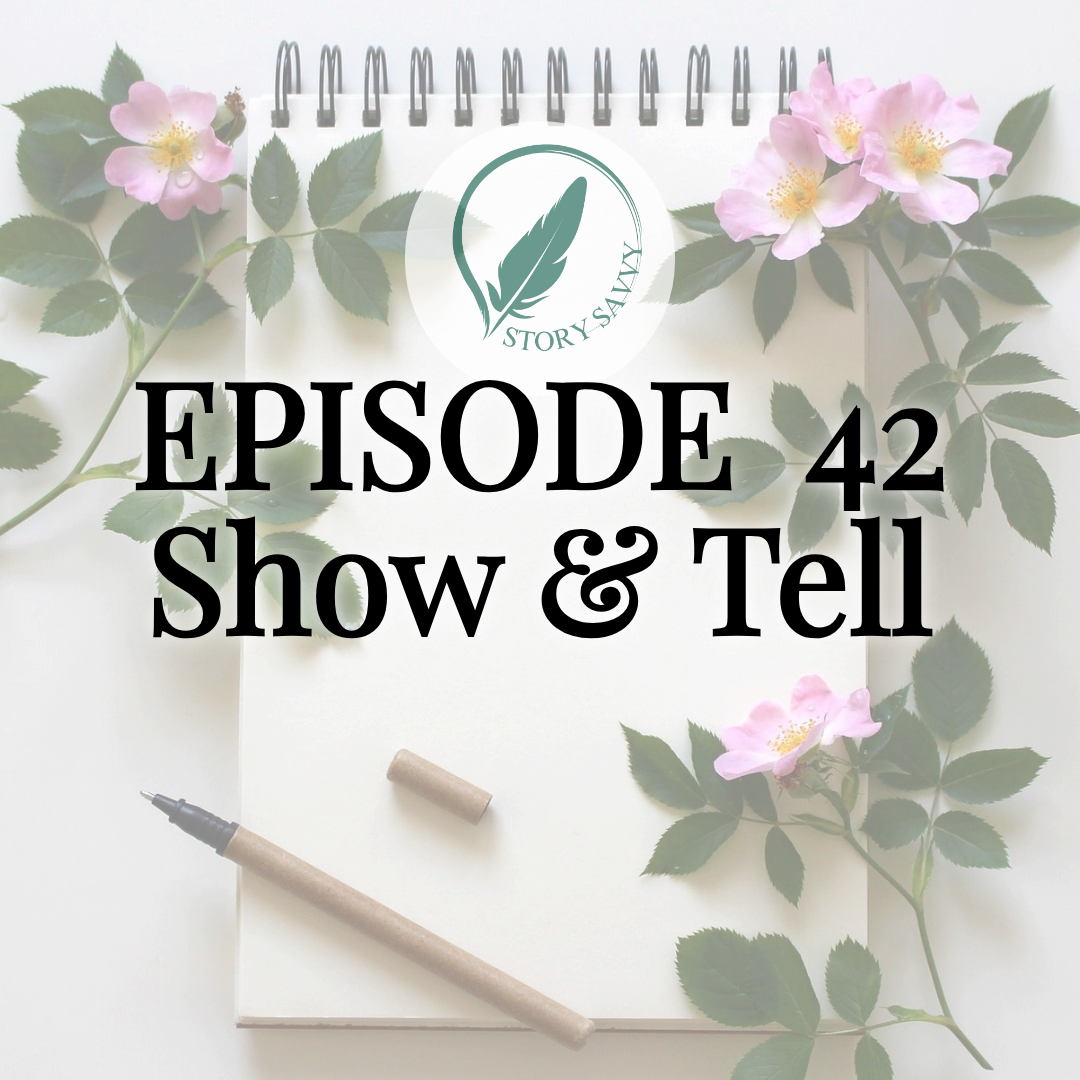Name Intros & Choices: Story Savvy Self-Editing Episode 43
Name Intros & Choices: After-episode thoughts, overview, and transcript…

You can download the full checklist for this episode and the next through BookFunnel here!
And the episodes I reference in the transcript below can be found here:
Episode 12: Story Research (Including sensitivity issues)
Happy editing!
Episode 43 Overview:
Name Intros & Choices
“What aspects of introducing names and/or making choices around the names in my novel should I be going over in the self-editing process?”
In this episode of the Story Savvy Series for fiction authors, Rebecca and Agnes explore how to introduce names clearly and confidently in your manuscript. You’ll learn practical self editing tips for writers, when and how to limit new names, and ways to maintain clarity across characters, places, and titles. This author education channel and writing craft podcast is perfect for authors looking to polish your manuscript and apply developmental editing advice with precision and purpose.
In this episode of the Story Savvy Self-Editing Series, developmental editor Rebecca Hartwell and aspiring fantasy author Agnes Wolfe unpack the fine line between clear, effective naming and reader overload. Rebecca shares how to limit new names per scene, anchor introductions with interpersonal context, and audit place names, titles, and series continuity so your world feels consistent without confusing your reader.
In this episode:
- Limiting new names so readers track them
- Anchoring introductions with interpersonal context
- Hinting at late-entry characters earlier
- Checking time/region/culture/religion fit
- Clarifying place hierarchies on first mention
- Managing multiple names, titles, and aliases
Recommended Resources:
- Expert Developmental Editing
- Agnes Wolfe: www.agneswolfeauthor.com
- Dragonheart Academy: dragonheartacademy.com
See you next week for episode 44: Name Consistency & Regulation
Episode 43 Transcript:
Name Intros & Choices
Rebecca Hartwell: Hello and welcome to the Hart Bound Editing Podcast. This is Episode 43 of the weekly Story Savvy Series where we tackle the 52 biggest self-editing topics and tips to help you make a good story great, and we are in the last 10 episodes of this series now, which is very exciting. We have covered so many different topics in this series so far, including last week’s episode on avoiding and fixing exposition and info dump, which also included showing versus telling, which was a fun topic. Today we are going to do the first of two episodes specifically about the self-editing around names I think every writer should do. By the end of this episode, you’ll hopefully feel confident tackling the first half of these edits in your own work-in-progress. Joining me to ask all of the questions is aspiring author and my friend and cohost Agnes Woolf. Hello.
Agnes Wolfe: Hi, I’m an aspiring fantasy author who hopes to release her first-grade fantasy later next year, and also host and founder of Author’s Alcove. I am actually starting a new academy called Dragonheart Academy dot com where we’re going to start talking about creative writing for middle graders and teenagers. I am here today to tackle names in fiction, specifically introductions and choices for this week.
So, to kick things off, why are we doing two whole episodes on names? Are we just talking about character names here? Or what are we actually talking about?
Rebecca: We are doing two whole episodes on this because it is a really tangible step in the polishing of a story and the list of questions that I suggest writers ask themselves and apply is pretty long. So, to avoid unnecessary overwhelm for anyone I’m going to split that list roughly in half over two episodes to leave room for any clarifying questions that end up coming up. And no, we are not just talking about character names here. In this conversation on names, we are also talking about place names, titles, and everything else like that. Like I just mentioned, I have a comprehensive checklist that I suggest writers go through on this topic and ask themselves each question and then do whatever research within their own story or make any changes that feel productive and needed from that.
The first question that I suggest you ask yourself is, number one, am I asking the reader to learn more than three new names in any given scene. Three new names in a chapter is, generally, the most that a reader can really memorize, I guess I’ll stay here. If you’re asking a character to remember too many new names, be that character names, or place names, or combination there of in one chapter, it’s more likely that they’re going to forget one of those, or a couple, or get the mixed stuff in their head and muddled together in some kind of way. You want each of your places and your characters to remain very distinct for your readers, and giving them a good chunk of content and context for the name to get their teeth into before asking them to learn the name of the next thing is very helpful in that, so you don’t want to overwhelm with too many names in one chapter and three is just kind of an easy number to work with there.
Point number two, or question number two, is to ask yourself, from this list am I providing interpersonal context, like I was just talking about, and a memorable characteristic trait with each of those introductions. When you give someone a name, do you give them something to go, “oh right, that character is the one who is in this role or has this title or looks like this” and ‘Oh, that place name, that’s the pub where the protagonist works”, something like that you. You need to give them context.
Agnes: So, what exactly does interpersonal context mean here?
Rebecca: So, interpersonal context is going to be titles such as, well, Linda is the protagonist mother, ok that’s interpersonal context. Or Haley is the protagonist’s rival in the school, something like that. Interpersonal context is just saying who this other character is to the other characters; brother, sister, boss, coworker, things like that. So, the third question to ask yourself on the list is, are any characters who only show up in the second half of the story at least hinted at existing or being relevant at some point in the first half. You don’t want to introduce characters in the second half, so doing a check to see where they first come up and then making sure that they are at least mentioned in abstract in the first half can be important for feeling established and built up and not like something that comes out of left field in the part of the story where things should start more building up and wrapping up then being established.
Agnes: So why is this a no-no?
Rebecca: So, in the second half of the story, if you start trying to introduce new things it can just throw your readers off. In the second half of a story, just based on our experience as readers and consuming stories throughout our lives we expect that everything we need to know for the story has already been sort of established and set up; we have that first half foundation and the second half is just supposed to be about using what has been created and building that into something that can have a payoff in the climax and then the resolution. When you introduce a new character in the second half, that can feel at the basest level, just kind of like, “where is this person coming from? This feels weird”. And, at a, perhaps, more extreme level, like deus ex machina, which, if you think it’s going to be extreme I refer you back to the episode on that topic. And then fourth question to ask yourself on my list here is, for any genre, but especially historical, have I checked that my names are appropriate and a good fit for the time period location, culture, age of the character, societal status, and religion of that character. Have I made sure that I’m not contributing to any harmful stereotypes or typecasting with my name choices such as the villains having very ethnic names, while the protagonist and their friends all have classic European names, and if not, if I have not avoided these stereotypes, can I cover that issue by directly addressing and naming how this is coming across or perhaps impacting these characters the first time that name is used or introduced, that sort of thing.
Agnes: So, how does this kind of fantasy where we get to kind of invent the rules around that sort of thing from the ground up?
Rebecca: It is definitely squishier, but I would still suggest thinking about that and if you want to play with it, come up with your own rule set around it. If you have an invented religion in your world, what names are associated with that religion, like names like Mary and Joseph, and you know, Joshua or Sara might be associated with Christianity in the real world, and same sort of thing for ages and societal status. Do only rich people in your world have last names? That’s got real world precedent, maybe that’s a thing. And whatever rules you come up with for your story, I suggest that, first, you just check it for consistency across the board. Try not to have any exceptions to your own rules. And then second, make sure that these rules that you are setting up aren’t going to become a sensitivity issue which, again, we’ve already done an episode on that so if you’re wanting to go back to that topic or revisit it go back to that episode.
So, the fifth point on our list here is, the question to ask yourself is, if this book that you are working on right now is a later book in the series, have I double checked that I didn’t already name the character something else in an earlier book. This is on the list because I’ve done this, and I changed a character’s name and I had to go back and republish the book on Amazon, it was a mess. So, sort of the follow-up question to ask yourself there is, if they aren’t a big part of that past book, or however many books ago, do I need to treat their first appearance in this book like it is a brand-new introduction. If this is an ongoing central character, it’s fine to just bring them up again. But if they haven’t been super relevant up to that point, it can be a really good idea to make sure that the first time this character is introduced this book it feels like you’re introducing them to the reader like the first time they’ve ever seen the name.
Agnes: So how can I know which names to check or where? What if I already mentioned a character in an earlier book?
Rebecca: So that’s essentially what happened to me. I forgot that I already mentioned this character by name in book one when she came up in book, I can’t even remember, it was like three or four. What I suggest you do is essentially make a list, which we’ll go into a lot more detail on later, but when in doubt try just searching, hopefully you’ve got all of your previous books and some sort of searchable document, and just before you get too far with the current book later in the series go into each of those books and search every name you have ever thought of that character being. So if, let’s say, you originally named your character Bob, but that was just a place name and by book five in the series or whatever you’re working on, his name has changed to, you know, Dominic, something like that, then you need to search all the previous books for both Bob and Dominic and any other in between name you possibly ever called him to make sure that you have not previously named him something else.
Point number six on my list here is to ask yourself is the first time I use a given place name. Am I clear about whether it is a continent, a kingdom, a country, a county of region estate, a city town or something else. Is it clear what, you know, Mordor is if you had no context yet to know what or where a Mordor was.
Agnes: So where exactly is the line, so if I mention an enchanted forest in a fantasy, do I have to clarify exactly where and what that is or only if I give a different name to an area that is functionally also an enchanted forest?
Rebecca: The context in which you mention it for the first time can be very helpful, so if you’re saying, “hey, I need you to walk through the enchanted forest to go visit so-and-so” that’s pretty clear. You can probably just leave it at face value there, but it is important to remember that in this world the reader doesn’t know maybe you have a pub called the enchanted forest. So, when you say you’re going to go to the enchanted forest, you mean you’re going to go drink some pints with your buddies. So just pay attention and give thought to whether or not it is clear and accurate to someone who has no idea what’s to come the first time you mention something. It’s really kind of case by case, but it’s worth mentioning and checking every single time the first use of a place name to make sure that it is understandable and if you have something kind of confusing, like let’s say a hotel named you know the Pine Mountain, that it’s clear that it’s a hotel and not a mountain covered in pine trees. I hope that makes sense.
So, the next question to ask yourself on the list is, if any of my characters go by multiple names, that could be a first and last name, first name their friends call them in a middle name their parents call them, anything like that, or have multiple titles or labels and a name. Do I clearly introduce them all by all of those names and titles the first time? So if you have someone who has a first, middle, and last name and a religious title and a military title and a government title it’s going to be a lot and I don’t actually suggest that you do that but if you insist on doing that, try to use all three words the first time you introduce this character. Introduce them as James Michael Smith, Father, general, whatever, the first time so that the reader immediately knows, “oh, all of those refer to this one person. OK cool”. And then the follow up questions within this question are, can I reduce the number of names and or titles that they can go by to a bare minimum that the story needs to function because that will help readers, and then can I make those aspects unique to them? Do I use all of those names or nicknames or titles often and memorably enough for the reader to keep track that they all refer to the same character. So, a little bit of clarity on that one, if you only call, let’s say your villain, “the general” twice in the whole book, by the second use the reader is probably going to go, “wait, what general? Wait, is that talking about Mister Smith? Is that the same person?” So, you want to make sure that if you insist on using many titles and many names those get used regularly and memorably throughout so that the reader can keep track as they go through.
And then lastly, I think lastly. I’m trying to check my notes here a little bit. If I search for every single one of those names or titles, is each use of it clear about who is speaking and acting? So again, if in a chapter, I say, “the general gave orders”, is it clear that it is general Smith, that specific character. Since this checklist is getting so long at this point, I’m going to go ahead and say that this is enough for this week of self-editing. We’re going to do the rest of the list next week and hopefully this has given people plenty of homework to do for the moment.
Agnes: Since you’re done giving your checklist for now, I did want to ask one last question. So, one of the biggest turnoffs I have in epic fantasy, which is funny because that what I write, which I think others, this is something that others love is having really long complicated names. I think I’m just the wrong target audience for these books because I just, if I pick up a book and it has a bunch of names that I cannot pronounce in my head, I will put it back. Is this something people should be wary of or is actually a target audience type of thing?
Rebecca: I think this is entirely a target audience thing. I tend to lean on the side with you where I prefer simpler names and concepts and stuff because I’m here for the plot not for the world building, or less for the world building, but high fantasy in general as a genre, loves that stuff! And I’m totally into it. I get clients coming to me with, I've had dictionaries sent to me with all of their world building words and pronunciation guides for the names, and there is absolutely a fantastically large enthusiastic audience for that. So, whatever floats your boat, go for it. The one thing that I will say here is try to pick one or the other consistently, so don’t have one character named Bob and one named you know a five syllable fantasy name you made up. That’s just going to be jarring to the reader and it’s going to be weird and confusing. So, if you want to go long fantasy word type of fantasy, commit to it. And if you don’t, try to keep them all relatively short and simple. Obviously, there are exceptions, if you know you start out as low fantasy and then fantasy creatures come into your world kind of thing, but whatever you want to do there, just choose it and do it intentionally.
Agnes: I love when you are telling these things because I always think of authors who break these rules so well, because one of my favorite authors of all time is Jasper Ford because he is so absurd. Like he is absurd. So, he can get away with breaking certain rules because his stories are just ridiculous and I love it.
Rebecca: That’s great to have this reminder every once in a while, that there are exceptions to every rule. My job is just to establish the rules for the newer authors who still need to learn how to follow them before they advance into breaking them, so I’m very glad you mentioned that.
Agnes: I just think it’s funny that I was picturing him writing like purposely having all these complicated names and then having a Bob, and he would do it, and he would pull, it would come off really well, and everybody would find it really funny. Anyway, thank you so much for all you have to say. I really do appreciate it.
Rebecca: Absolutely. Next week we will go over consistency and regulation around the names to finish out the second half of this topic, and as always, I would like to thank everyone who listens, and watches, and follows along with the series. If you know any authors who are nearing the end of the first draft or struggling with revising or rewriting their novel then please send them this podcast. Give them a little bit of help there and the more folks that we can get understanding self-editing and doing it better? I think that’ll be great for the author world.
Agnes: I can’t wait to hear the rest of this checklist because I’m very curious what you have on it. Thank you.
Rebecca: Thank you so much for listening to the Hart Bound Editing Podcast. I look forward to bringing you more content to help you make your good story great so it can change lives and change your world. Follow along to hear more or visit my website, linked in the description, to learn how I can help you and your story to flourish.
See you next time!
